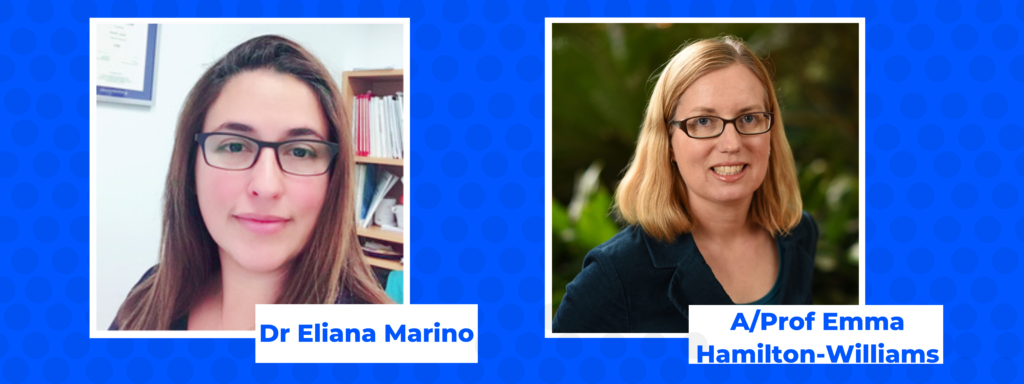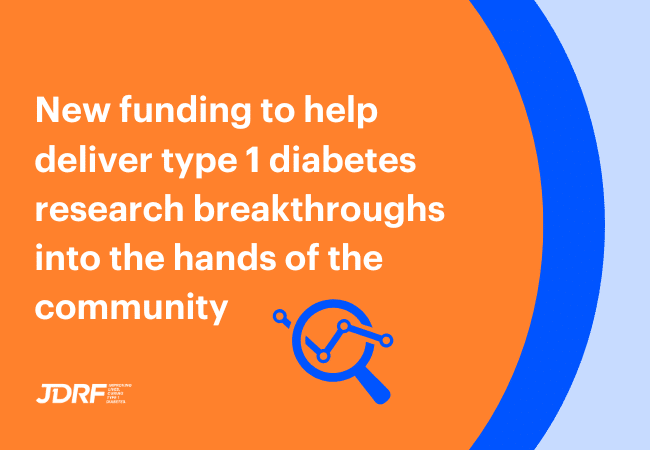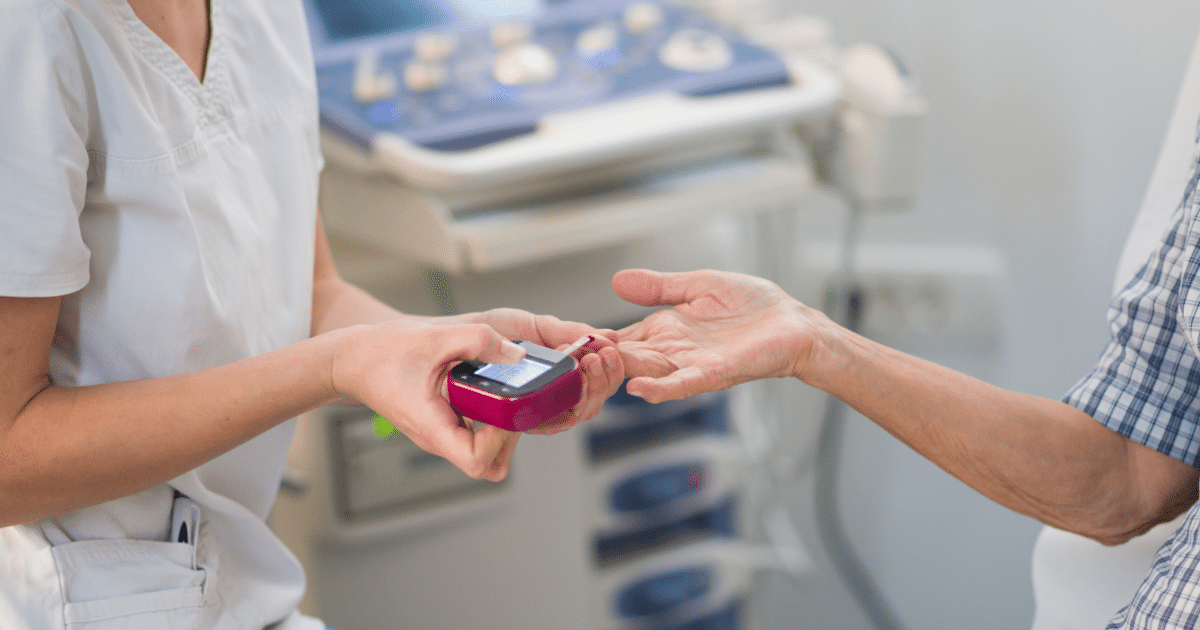T1D Trial: Six-week supplement resulted in strengthened immune system

This week, new results published in the journal Microbiome showed that a six-week food supplement for people with T1D resulted in changes to bacteria in the gut and a strengthened immune system. The results are from a clinical trial funded through JDRF’s Type 1 Diabetes Clinical Research Network (T1DCRN) and Macquarie Group Foundation Future Research Leaders Program, an intensive leadership and mentoring program for emerging T1D research leaders.
We caught up with Dr Eliana Marino, senior author and lead investigator of the clinical trial, and co-author A/Prof Emma Hamilton-Williams, to hear more about these exciting new results, and what this research means for people with T1D.
Could you tell us a bit about your background and how you got into T1D research?
Dr Marino: I am passionate about science, a researcher in immunology and microbiome. I’ve been purposefully dedicated to making a difference throughout my career – as a researcher, academic, leader, and natural connector and networker. Seventeen years ago, I started my first research job in Australia in a T1D laboratory in Sydney. Since then, and always with the support of JDRF, I have focused to find a practical health solution for people. This clinical study is an example of that!
A/Prof Hamilton-Williams: I first got interested in T1D research when I was choosing a Ph.D. project. I was very interested in selecting a topic aimed at solving a real-world problem affecting people. I was lucky enough to have the opportunity to work on an immunology-focused project that was trying to identify the root causes of T1D linked to immune T cells attacking the pancreas. Since then, I have continued working on T1D, and am excited my research is starting to see an impact in people.
How did the idea for this clinical trial come about?
Dr Marino: The study stemmed from previous preclinical research from my lab. My work previously showed that a plant-based dietary supplement could decrease the autoreactive immune responses and prevent autoimmune diabetes in mice. We also demonstrated that T1D protection happened by significantly increasing metabolites called short-chain fatty acids (SCFAs).
The idea was to progress the preclinical findings into human studies. So, with the support of JDRF and together with Associate Professor Emma Hamilton-Williams from the University of Queensland, Dr. Kirstine Bell, Associate Professor Sonia Saad from the University of Sydney, and Dr. Esteban Gurzov from Université libre de Bruxelles, we designed a clinical trial to examine whether those exciting preclinical findings could be translatable to humans.
What was the supplement used in this clinical trial and how does it link to our immune system?
A/Prof Hamilton-Williams: The supplement is a type of fibre called a resistant starch derived from maize. It is healthy food for your gut microbiota! So, the bacteria ferment the fibre which then delivers high acetate and butyrate concentrations in the gut and blood. Acetate and butyrate are produced by many healthy foods like fruits and vegetables and are a source of energy for the gut cells. They have many known beneficial effects on the body, particularly improving gut health and strengthening the immune system.
What’s exciting about these results for people with T1D?
Dr Marino: We found that people with the most significant increase in acetate, propionate, and butyrate showed changes in the immune cell status and had the best glucose control during the study. This means the dietary supplement we used may be helpful to enforce immune regulation earlier in the disease process. Therefore, this dietary supplementation may represent a safe and inexpensive therapy for newly diagnosed or high-risk individuals with T1D.
What are the next steps for this research?
Dr Marino: The next step is to progress to larger clinical trials, continue doing more preclinical work and ultimately make this product available to the community. My team is ready to progress to a phase II clinical trial in newly diagnosed children with T1D. Also, we are investigating whether the supplement can prevent inflammatory kidney disease in people with long-standing T1D. These studies will determine if the supplementation can help preserve beta-cell function via modulation of the immune response and switch off the inflammatory process in the early stages of kidney disease.
A/Prof Hamilton-Williams: In collaboration with Dr Dana Signal and Dr. Mark Harris from the Queensland Children’s Hospital, I’m also conducting a pilot clinical study testing alternative starches from other plant sources in children with T1D (funded by the Australasian Paediatric Endocrine Group).




